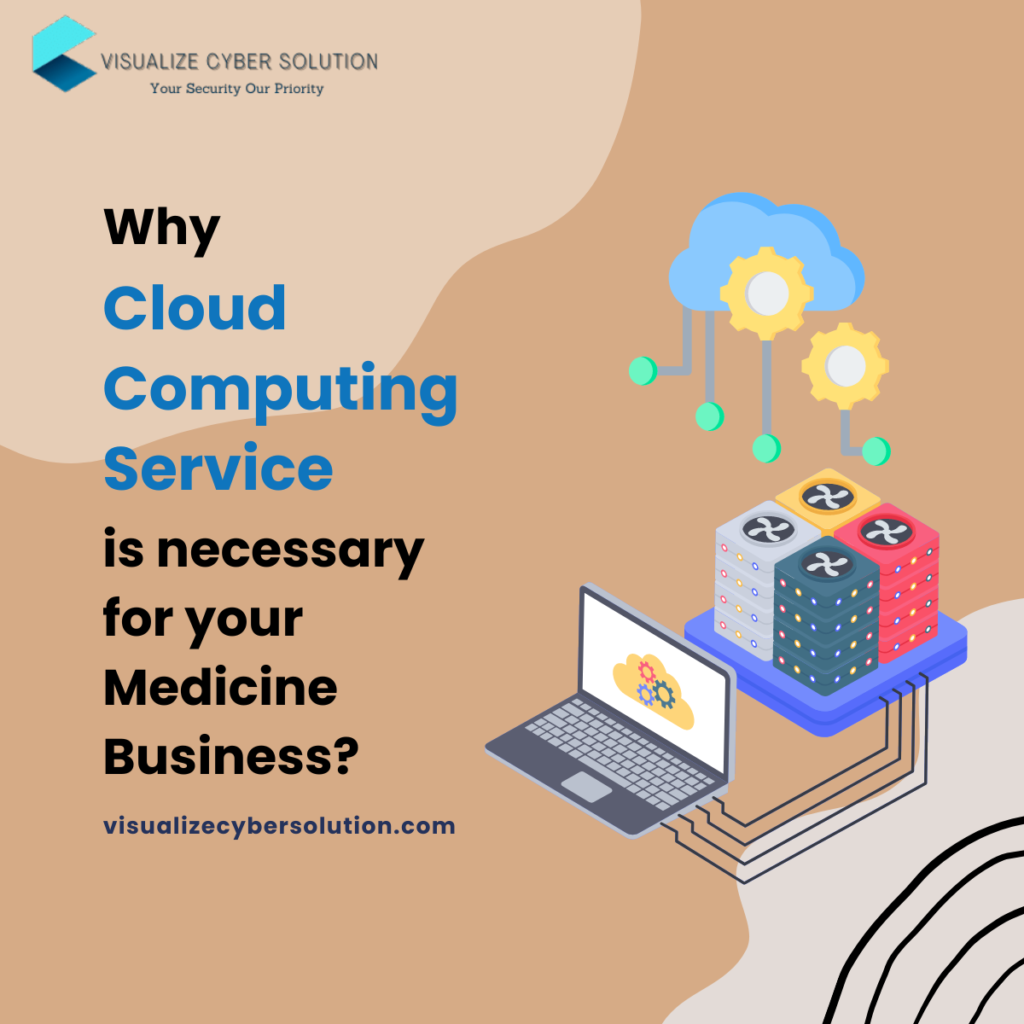
Advancing Healthcare: The Essential Role of Cloud Computing by Visualize Cyber Solutions
In the age of digital transformation, where accessibility, data security, and collaborative patient care define success, cloud computing has emerged as an indispensable tool for the medical industry. Healthcare businesses are leveraging the power of the cloud to revolutionize patient management, data storage, and medical research. In this blog, we’ll explore why cloud computing is crucial for medical businesses and how it’s shaping the future of healthcare.
Catalyzing Healthcare Excellence through Cloud Computing
The medical industry is marked by sensitive patient data, collaborative research, and the need for efficient data management. Cloud computing offers a secure and dynamic platform that addresses these challenges, facilitating innovation, enhancing patient care, and optimizing operations.
1. Secure Data Storage
Cloud platforms offer robust security measures that safeguard patient records, medical images, and sensitive information. This ensures compliance with data protection regulations and protects patient privacy.
2. Enhanced Collaboration
Healthcare professionals often work in distributed teams across different locations. Cloud-based collaboration tools enable real-time communication, document sharing, and collaborative patient care, improving efficiency and decision-making.
3. Telemedicine and Remote Care
Cloud computing enables telemedicine platforms, facilitating remote consultations between patients and healthcare providers. This technology expands healthcare access to remote areas and enhances patient-provider communication.
4. Scalability and Flexibility
Healthcare operations can experience fluctuations in demand. Cloud computing allows medical businesses to scale up or down as needed, ensuring that resources are aligned with patient care requirements.
5. Disaster Recovery and Business Continuity
Cloud platforms provide reliable data backup and disaster recovery solutions. Healthcare businesses can ensure the availability of critical patient data and maintain continuity even in the face of unforeseen events.
6. Research and Analytics
Cloud computing supports medical research by providing access to powerful computing resources. Researchers can analyze large datasets, perform simulations, and collaborate on breakthrough discoveries.
7. Efficient Patient Management
Cloud-based Electronic Health Records (EHR) systems streamline patient management, allowing healthcare professionals to access patient information securely and make informed decisions in real time.
In conclusion, cloud computing is reshaping the healthcare industry by providing a secure, scalable, and collaborative environment that meets the evolving demands of patient care and medical research. From secure data storage to enhanced collaboration and research capabilities, cloud technology empowers medical businesses to excel in an era of digital transformation. By embracing cloud computing, healthcare businesses can optimize patient care, streamline operations, and contribute to the advancement of healthcare practices in the digital age.
#HealthTech #CloudComputing #DigitalHealthcare #Telemedicine #SecureDataStorage #HealthcareInnovation #PatientCare #HealthcareCollaboration #VisualizeCyberSolutions #LifeatVCS


